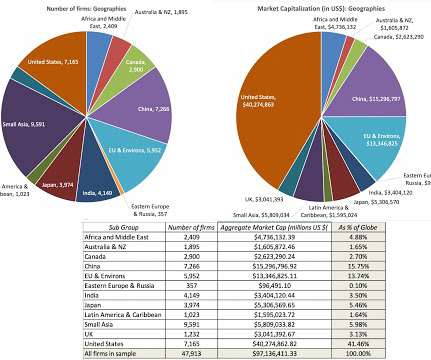EBIT vs. EBITDA - which is More Common for the DCF Model?
Equilest
DECEMBER 3, 2022
EBIT and EBITDA are two measurements of business profitability. This article will discuss two accounting terms used to build the FCFF - EBIT and EBITDA (Earnings Before Interest, Taxes, Depreciation, and Amortization). We will deal with the definitions of the two - and see which is more beneficial for calculating the FCF. .












Let's personalize your content